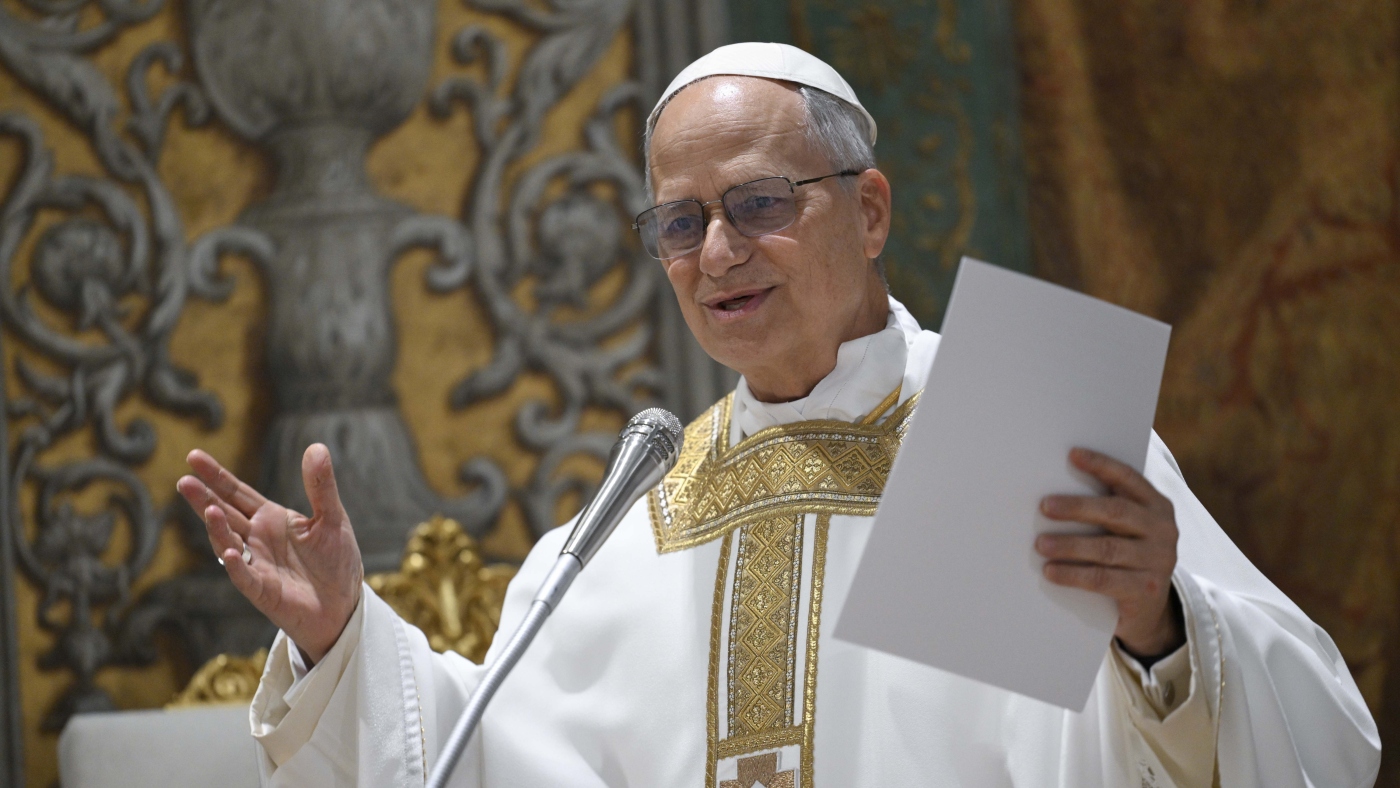Pope Leo XIV: A Nuanced Leadership in a Complex World
The election of a new pope is always a moment of profound significance for the Catholic Church and the world at large. Pope Leo XIV steps into his role at a time of immense social, political, and environmental challenges. His stances on key issues—climate change, LGBTQ+ rights, politics, and the role of women in the Church—reveal a leader who blends tradition with cautious progressivism. This analysis explores his positions, compares them with those of his predecessor, Pope Francis, and examines their broader implications.
Climate Change: A Moral Imperative
Pope Leo XIV has inherited Pope Francis’s urgent call to address climate change, framing it not just as an environmental issue but as a moral one. Both pontiffs have emphasized how environmental degradation disproportionately affects the poor and marginalized, particularly women and children.
Pope Francis was groundbreaking in his 2015 encyclical *Laudato Si’*, which called for immediate action to protect the planet. Pope Leo XIV has echoed this sentiment, reinforcing the Church’s teachings on stewardship and social justice. His rhetoric suggests a continued push for global cooperation to combat climate change, aligning with the Vatican’s long-standing advocacy for sustainable development.
However, while Pope Francis was vocal in challenging political and economic systems contributing to environmental harm, Pope Leo XIV has been more measured in his approach. His statements focus on collective responsibility rather than direct criticism of governments or corporations. This subtle shift may reflect a strategic choice to maintain dialogue with world leaders while still advocating for change.
LGBTQ+ Rights: A Cautious Approach
One of the most scrutinized aspects of Pope Leo XIV’s leadership is his stance on LGBTQ+ rights. Unlike Pope Francis, who openly criticized laws criminalizing homosexuality as “unjust” and expressed support for greater inclusion, Pope Leo XIV has taken a more reserved position.
His past remarks on the “homosexual lifestyle” have raised concerns among LGBTQ+ Catholics, who had hoped for continued progress under his leadership. While he has not reversed any of Pope Francis’s inclusive gestures—such as allowing blessings for same-sex couples—he has also not expanded them. His opposition to the ordination of female deacons suggests a preference for maintaining traditional Church structures, which may extend to LGBTQ+ issues.
Some liberal Catholics remain cautiously optimistic, interpreting his measured statements as a sign of gradual, rather than radical, change. However, advocates for LGBTQ+ inclusion in the Church are watching closely to see whether his leadership will uphold or slow the momentum toward greater acceptance.
Politics and Social Issues: A Centrist Path
Pope Leo XIV’s political and social views appear to strike a balance between tradition and progressivism. On immigration, his stance aligns closely with Pope Francis’s compassionate approach, emphasizing the Church’s duty to support migrants and refugees. Both leaders have called for policies that uphold human dignity, rejecting xenophobic rhetoric and advocating for fair treatment of displaced populations.
Yet, on other contentious issues—such as abortion—Pope Leo XIV’s position remains less clear. While Pope Francis had softened some of the Church’s rhetoric, emphasizing mercy over condemnation, Pope Leo XIV has not made any significant departures from traditional Catholic doctrine. Some speculate that he may lean more conservatively, particularly given his cautious approach to other social reforms.
His centrism suggests a leadership style that seeks unity rather than division, avoiding polarizing statements while upholding core Church teachings. This approach may help maintain cohesion within the global Catholic community but could also frustrate those hoping for more progressive reforms.
Women in the Church: Upholding Tradition
Perhaps the most traditional aspect of Pope Leo XIV’s leadership is his stance on women’s roles in the Church. Unlike Pope Francis, who had opened discussions on female deacons, Pope Leo XIV has firmly opposed the idea, reinforcing the Church’s long-standing male-only priesthood.
This position has drawn criticism from advocates for gender equality within the Church, who argue that greater female leadership could address declining clergy numbers and bring diverse perspectives to Church governance. However, Pope Leo XIV’s adherence to tradition reflects a broader theological conviction that the priesthood’s male-only structure is divinely ordained.
While he has emphasized the importance of women’s contributions in other areas—such as education and charity—his refusal to consider female ordination signals a clear boundary in his vision for the Church’s future.
Conclusion: A Leader for a Divided Time
Navigating Tradition and Change
Pope Leo XIV’s leadership represents a nuanced blend of continuity and caution. On climate change, he upholds Pope Francis’s urgent moral call but with a more diplomatic tone. On LGBTQ+ rights, his approach is more reserved, leaving advocates uncertain about the future of inclusion in the Church. His political views strike a centrist balance, while his stance on women’s ordination remains firmly traditional.
As the Catholic Church faces growing societal divisions and global crises, Pope Leo XIV’s ability to navigate these complexities will define his papacy. His commitment to compassion and social justice aligns with modern expectations, yet his adherence to tradition ensures stability for conservative Catholics.
The world’s billion-plus Catholics now look to him for guidance in an era of rapid change. Whether his leadership fosters unity or deepens divides remains to be seen, but one thing is certain: Pope Leo XIV’s papacy will shape the Church’s role in the 21st century in profound ways.











